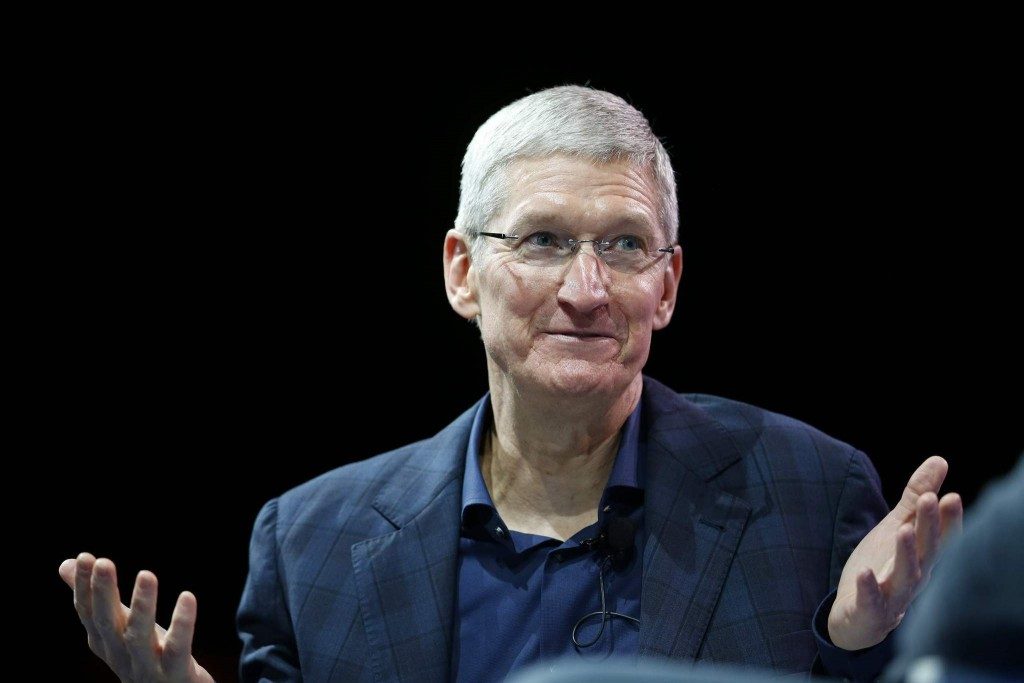
Apple standing up against the pressure of FBI is a critical moment for our future
By Elliot Chan, Opinions Editor
Flash back to New Year’s Eve 1983, when Apple released one of the most monumental and memorable commercials to date. The ad depicted a heroine charging at a Big Brother-like figure, an homage to George Orwell’s dystopian novel Nineteen Eighty-Four, with a hammer. The heroine ends up throwing the hammer at the figure and the figure erupts, and then words appeared on the screen: “On January 24th, Apple Computer will introduce the Macintosh. And you’ll see why 1984 won’t be like Nineteen Eighty-Four.”
We all celebrated.
On February 16, 32 years after the commercial aired, Apple CEO Tim Cook wrote a letter to his customers, raising a lot of concerns and showing how close we were to losing our privacy, just like the characters from Orwell’s fiction. The technology company was receiving external pressure from the US government to build a backdoor to customers’ personal devices. This backdoor would enable government officials—under specific protocol and significant measures—to access data by bypassing security. In another word, the FBI would have been able to access your iPhone if they were “suspicious” of you.
Cook wrote in his letter that such a backdoor does not currently exist, and that they don’t intend to build one, despite the government’s pressure—and pressure from many fearful citizens. The risk is far too great. The slope is far too slippery. One thing will lead to the next and before you know it, the government will have access to all the data we keep in our devices. We keep a lot of data in our devices.
Creating this backdoor is undoubtedly a knee-jerk reaction to the countless terrorist attacks that have taken place on US soil recently, because terrorists use the same technology we do and need to communicate with each other to orchestrate attacks. However, to simply give up our rights to privacy within our personal communication channels would be a victory for the terrorists. They want us to take extreme measures. They want us to turn the lens upon ourselves. The world does not become safer because of heightened monitoring. It becomes more paranoid.
I remember years ago when cameras in public places was a big controversy. Now, it is the norm. But those cameras are stationary. They don’t travel with us. They are not an extension of who we are. We don’t share our intimate moments with those cameras. Our devices, on the other hand, are in a sense our other hand, and to have the government forcibly hold it wherever we go is a scary thought. It’s what Apple vowed not to do when they aired that commercial. It vowed not to turn our world into a dystopian place ruled by a mistrustful administration, and it is holding true to its word.
While the answer is not to build a backdoor, I do believe there is a solution, one that requires thought and careful calculation, and one that does not compromise the security and privacy of law-abiding citizens. We just need to think about it differently.

